PET plastic sheet rolls for toy packaging
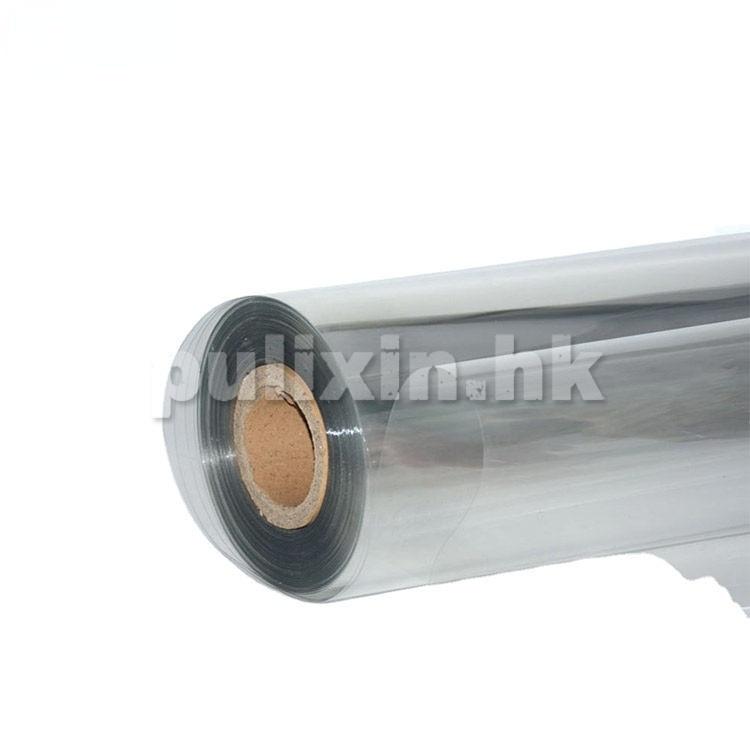
Introduction Of PET plastic sheet rolls for toy packaging
PET (polyethylene terephthalate) plastic sheet rolls are very common materials used in packaging toys. PET plastic is a durable, transparent polymer with excellent physical properties, making it ideal for a variety of packaging applications. Here are some of the features and uses of PET plastic film rolls used in packaging toys:
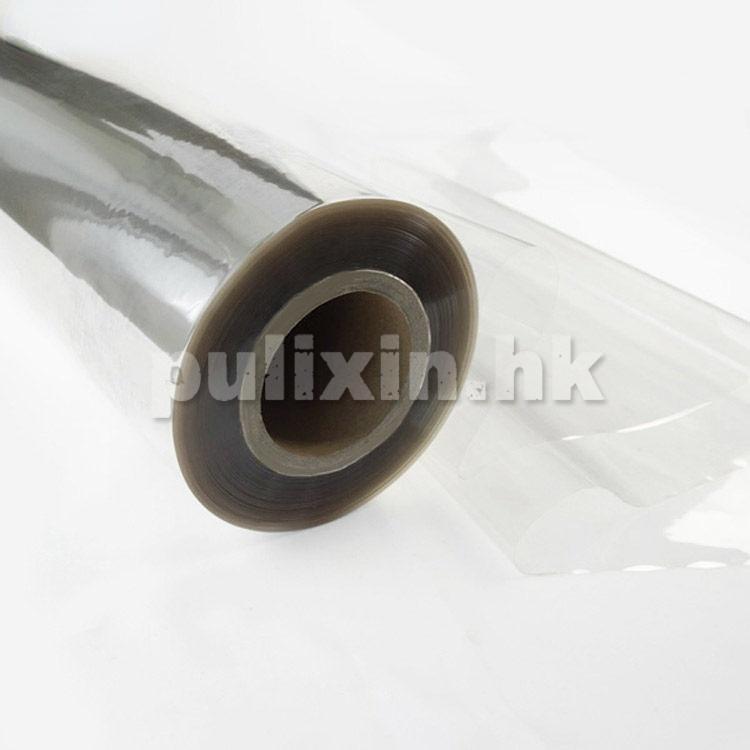
1. High transparency: PET plastic sheet rolls has high transparency, which can clearly show the toys inside the package, which is very helpful in attracting customers.
2. Durability: PET plastic sheet rolls has high strength and abrasion resistance, which can well protect toys from external damage.
3. Safety: PET plastic sheet rolls is non-toxic and meets food-grade safety standards, making it very suitable for packaging children's toys.
4. Easy to process: PET plastic sheet rolls can be easily thermoformed, cut, and otherwise processed, allowing manufacturers to customize various packaging shapes and sizes as needed.
5. Environmentally friendly: PET plastic sheet rolls can be recycled to reduce the impact on the environment.
Specifically, PET plastic sheet rolls are often used to make toy boxes, transparent windows, protective films, etc. Manufacturers will cut, thermoform, or otherwise process PET plastic film rolls into suitable packaging forms to protect and display toys.
Advantages of PET plastic sheet rolls for toy packaging
PET plastic sheet rolls are versatile and widely used in various applications for toy packaging. Here are some common applications:
1. Blister Packs
Description: Blister packs use PET plastic to create a transparent, form-fitted cover that holds and displays the toy.
Benefits: Provides excellent visibility and protection, often used for action figures, small dolls, and accessories.
2. Clamshell Packaging
Description: Clamshell packaging involves two PET plastic sheets that are molded to fit the toy and snap together to enclose it completely.
Benefits: Offers high protection and visibility, suitable for electronic toys, collectible items, and higher-value toys.
3. Window Boxes
Description: PET plastic is used to create clear windows in cardboard boxes, allowing consumers to view the toy inside without opening the package.
Benefits: Enhances product presentation and protects the toy, commonly used for board games, puzzles, and larger dolls.
4. Insert Trays
Description: PET plastic sheet rolls are molded into trays that hold the toy securely within a box or other packaging.
Benefits: Prevents movement and damage, often used for sets of small toys, educational kits, and construction sets.
5. Sleeves and Wraps
Description: PET plastic sheet rolls can be used as outer sleeves or wraps for boxed toys, adding an extra layer of protection and branding.
Benefits: Enhances the visual appeal and durability of the packaging, used for special editions and premium toys.
6. Display Cases
Description: PET plastic is used to create clear display cases that protect and showcase collectible toys.
Benefits: Provides high visibility and protection, ideal for limited edition toys and collectible figures.
7. Protective Films
Description: PET sheets can be used as protective films to cover and safeguard delicate parts of the toy packaging.
Benefits: Prevents scratches and scuffs, used for high-gloss packaging and sensitive surfaces.
8. Pallet Wraps
Description: PET plastic sheets are used to wrap pallets of toys for shipping and storage.
Benefits: Provides stability and protection during transport, used for bulk shipments and warehouse storage.
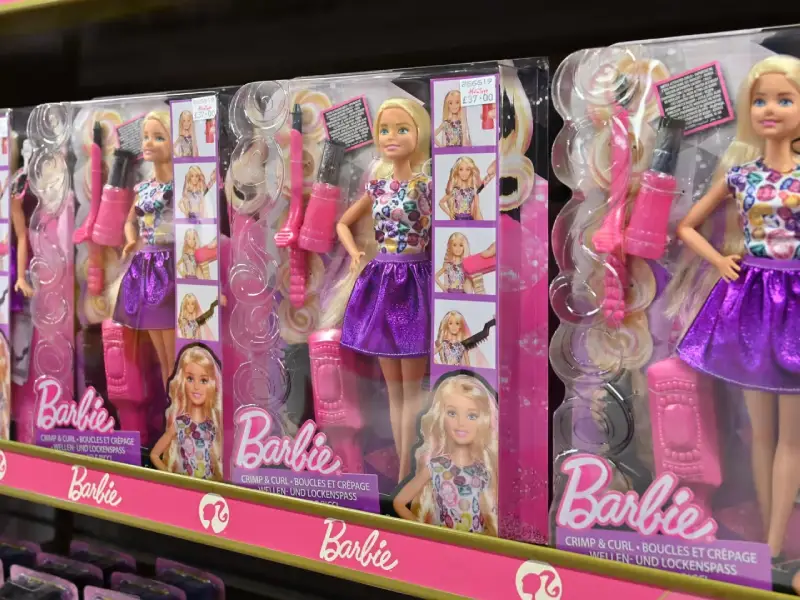
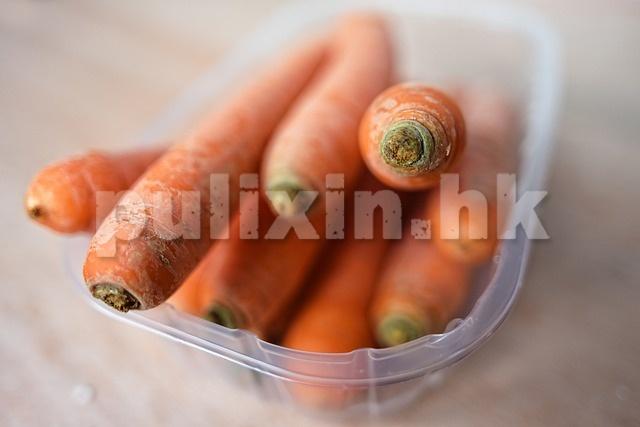
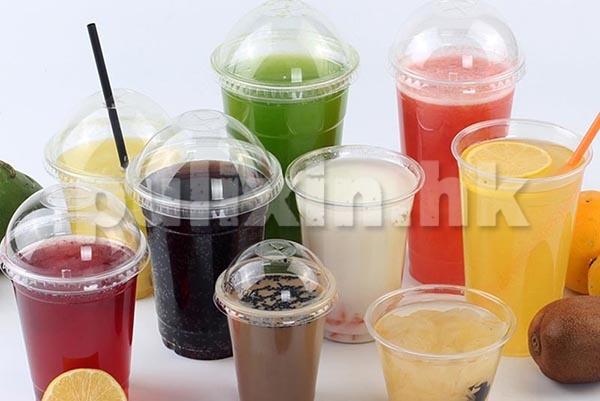
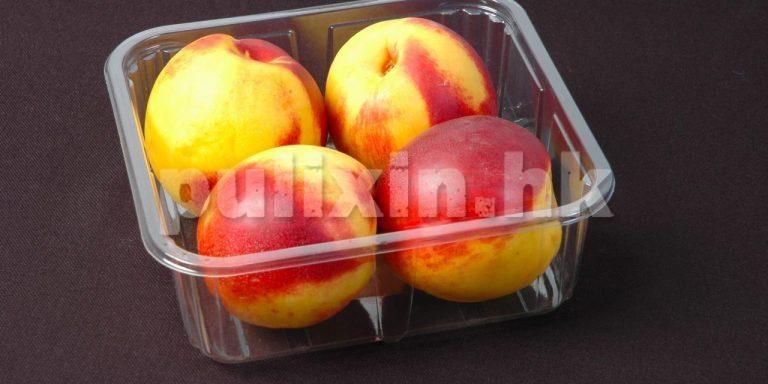
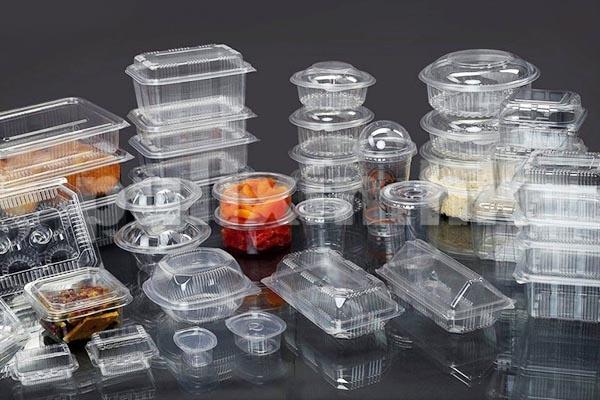
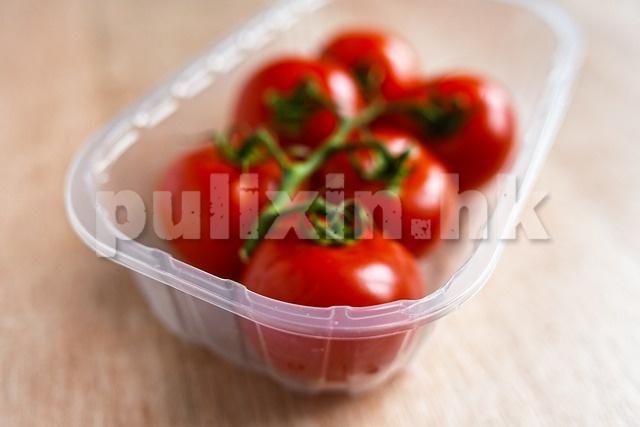
These applications leverage the strength, clarity, and versatility of PET plastic to create attractive, durable, and protective packaging solutions for toys.
Stockpile of PET plastic sheet rolls for toy packaging
There are some key factors to pay attention to when storing PET plastic sheet rolls for toy packaging to ensure that the material remains in good condition and prolong its service life. The following are the best practices for storing PET plastic sheet rolls:
1. Temperature and humidity control
Temperature: The storage temperature should be kept between 15-25°C to prevent the PET material from deforming or becoming brittle due to excessively high or low temperatures.
Humidity: The relative humidity should be kept below 50% to prevent the impact of water vapor on the material, and to prevent the material from deforming or degrading after absorbing moisture.
2. Dust and pollution prevention
Clean environment: The storage environment should be kept clean to prevent the impact of dust, dirt or other contaminants on the PET plastic sheet rolls.
Sealed packaging: Cover the PET plastic sheet rolls with a plastic bag or dust cover to prevent dust and contaminants from contacting the surface of the material.
3. Horizontal storage
Flat storage: PET plastic sheet rolls rolls should be placed horizontally on a flat, dry ground or shelf, avoiding tilting or hanging to prevent the material from curling or deforming.
Layer isolation: When stacking multiple rolls, cardboard or wooden boards should be used for layer isolation to prevent the lower roll from deforming due to heavy pressure.
4. Avoid direct sunlight
Storage in a shaded environment: PET plastic sheet rolls is sensitive to ultraviolet rays and should be kept away from direct sunlight. Store in a well-shaded environment or cover with opaque materials.
5. Keep away from chemicals
Prevent chemical erosion: PET plastic sheet rolls should be kept away from corrosive chemicals such as acids, alkalis, solvents, etc. to prevent damage to the material.
Store separately: Avoid mixing with other materials that may produce chemical reactions.
6. Regular inspections
Regular inspections: Regularly check the storage status to ensure that the temperature and humidity are controlled normally and the materials are not damp, contaminated or deformed.
Quality inspection: Regularly sample and inspect the quality of materials to ensure that the PET plastic sheet rolls maintains its original performance during storage.
7. Label management
Label management: Each roll of PET plastic sheet rolls should have a clear label indicating the specifications, production date, batch number and other information for easy management and traceability.
First in, first out: Adopt the first in, first out (FIFO) principle, give priority to the materials stored earlier, and prevent the materials from aging due to long-term storage.
8. Proper support and protection
Use pallets: Pallets can be used for storage to provide stable support during handling and storage
Protective Cover: Wrap PET plastic sheet rolls with protective covers or protective films to provide additional physical protection.
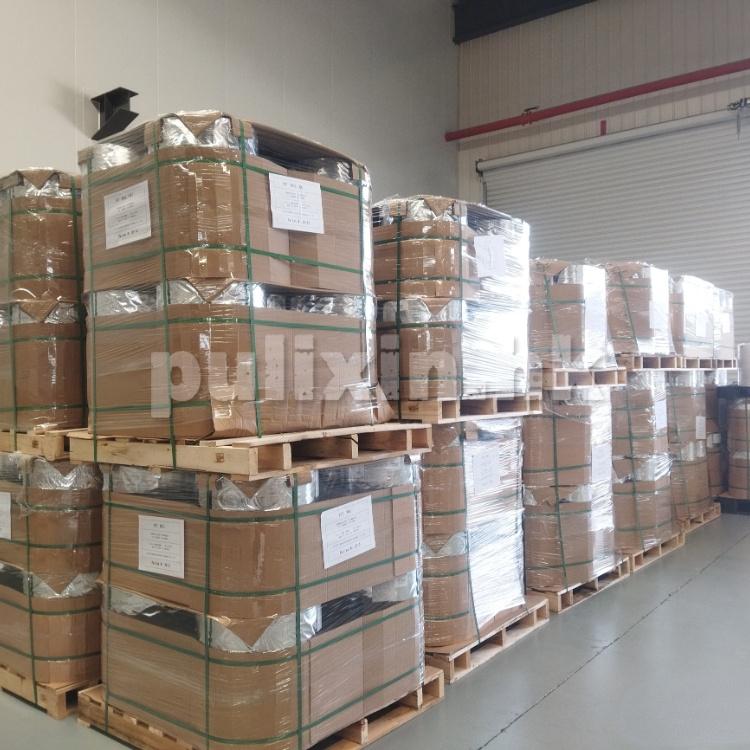
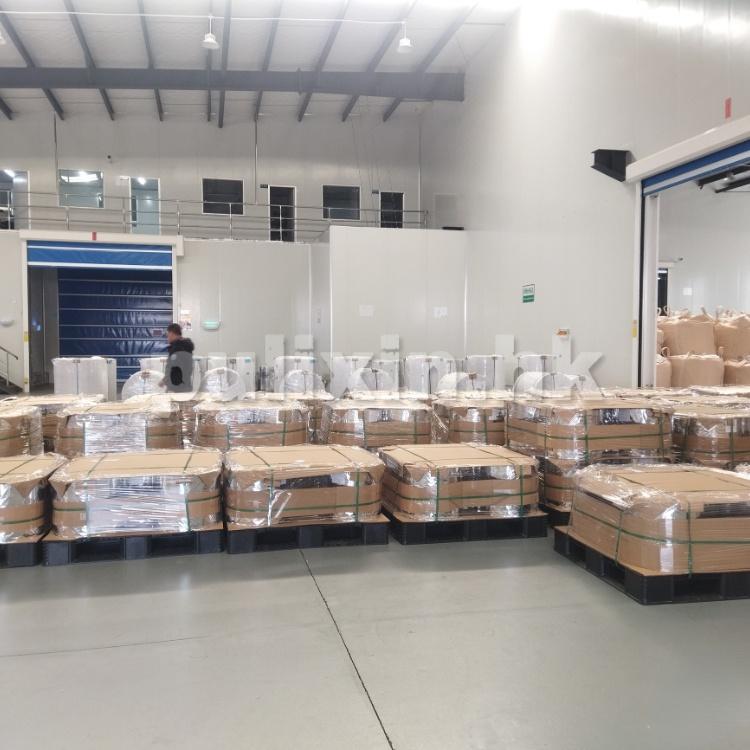
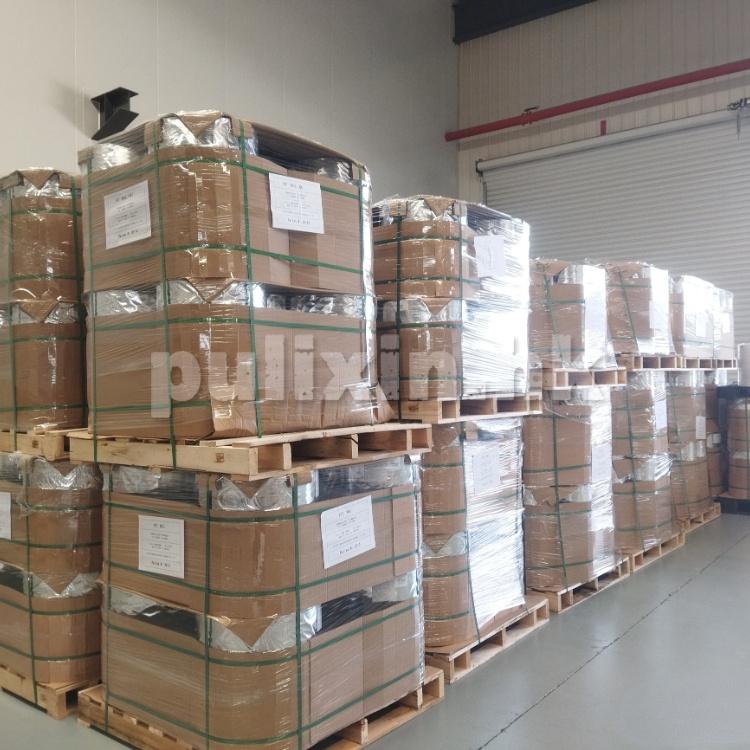
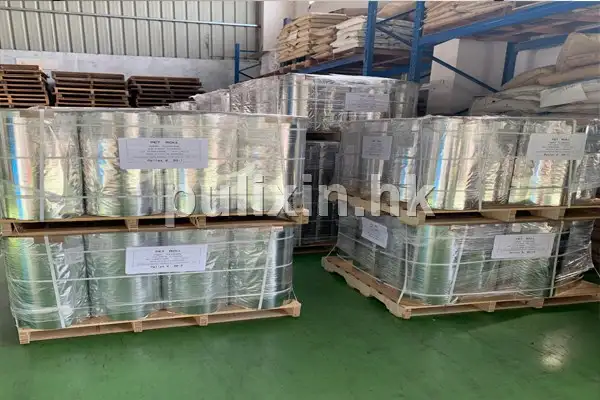
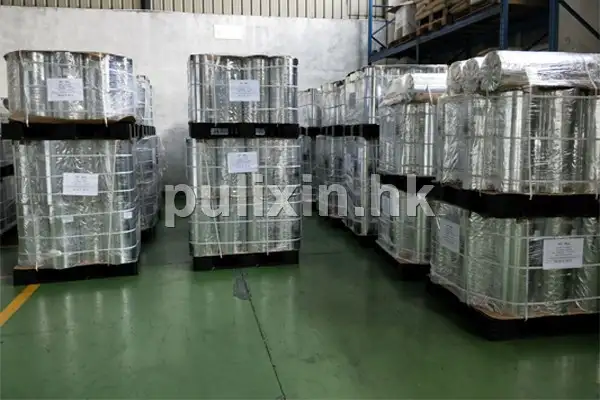
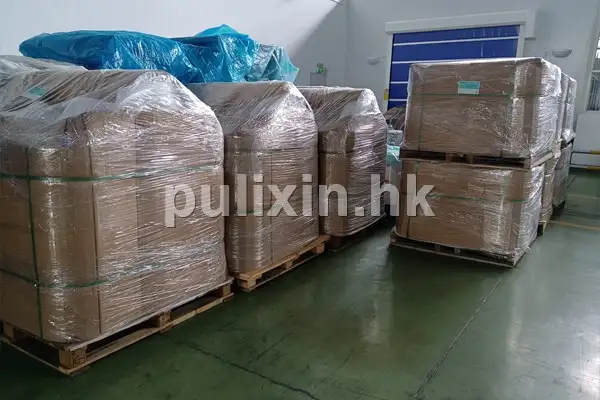
By following these best practices, PET plastic sheet rolls can be stored effectively, ensuring that they maintain excellent performance and quality while in use.
We can supply PET plastic sheet rolls
| Product name | PET plastic sheet rolls, Polyethylene Terephthalate Sheet, PET Roll stock, Polyester Sheet, Rigid PET Film. |
| Product Category | APET, PETG, GAG, RPET, PET/EVOH/PE, PET/EVOH/PET, PET/PE, etc. |
| Shape | Roll/Sheet |
| Thickness | 0.18~2.0mm |
| Width | 300~1400mm |
| Quality | Virgin/Recycled |
| PET Roll Diameter | ≤38 inch |
| Die Cutting Size | A2, A3, A4 or customized according to requirements. |
| Packing | PE film inside + kraft outside+pallet (paper tube diameter: 76mm, thickness: 10mm) |
| Color | Clear, White, Blue, Brown, Pink, Green, Yellow or Customized. |
| Performance | Anti-fog, ESD (Anti-static, Conductive, Static dissipative), Corona, Printing, Coating, High impact, EVOH high barrier, Waterproof, Oil-proof, Anti-UV, etc. |
| Processing technology | Thermoforming Vacuum Blister Forming, Die Cutting. |
| Hardness | Rigid/Semi-rigid |

